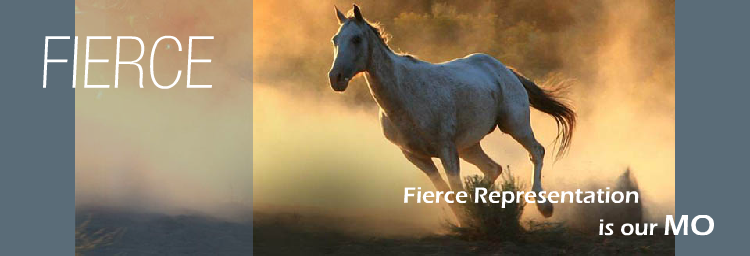

Trust
A trust is a written legal document when one person, usually referred to as the "settlor" gives his or her property to another person, known as the "trustee", to hold the property for the benefit of another person, known as the "beneficiary." A trust, just as a will, provides for the distribution of your assets at your death as you intended. However, a trust is not required to go through the probate process, as opposed to a will. Thus, a trust can save a family time and money.
The most widely used type of trust is a revocable living trust. A revocable living trust allows families to take advantage of the tax benefits provided by law. Currently, a trust allows a family to pass up to $2 million of their assets without incurring any estate taxes. This is accomplished by taking advantage of the unified tax credit. (Please note this tax credit is in flux and will possibly change in the near future.)
The mechanics of a living trust during the lifetime of the settlor are fairly straightforward. Property is transferred into the trust, which the trustee then holds the property. In most cases the settlor will act as the trustee and is free to invest, spend or move the assets in and out of the trust. Settlors can, during their lifetime, alter, add to or even revoke their revocable living trust at any time for any reason. In addition to the advantage of avoiding probate, a revocable living trust provides additional benefits. The administration of a trust is completely private, unlike a probate proceeding where everything is open to the public. Thus, a revocable living trust gives the family more privacy. Revocable living trusts also allow a trusted family member, friend or advisor to manage trust property if the settlors are incapacitated. In addition, if a trust holds out of state property, there will be no need to open another probate proceeding in the state where the property is located. Finally, a revocable living trust is usually more difficult to contest than a will.